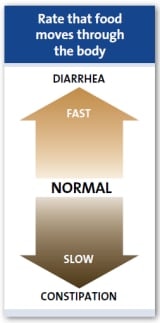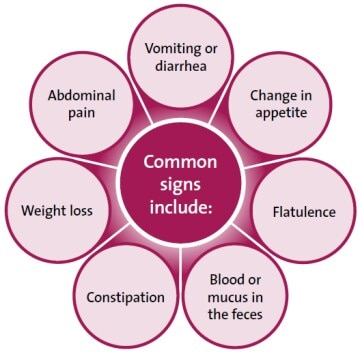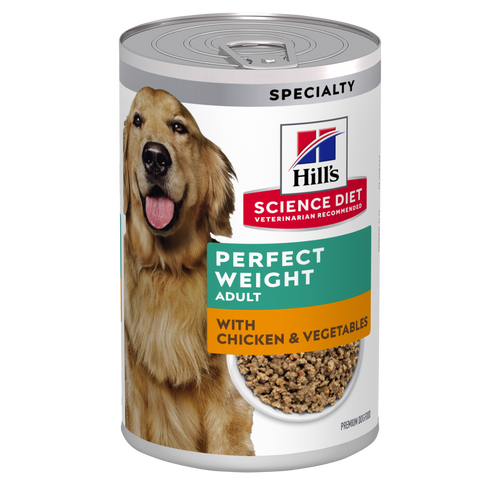
-
Find the right food for your petTake this quiz to see which food may be the best for your furry friend.Find the right food for your petTake this quiz to see which food may be the best for your furry friend.Health CategoryFeatured products
 Adult Perfect Weight & Joint Support Chicken & Brown Rice Recipe Dog Food
Adult Perfect Weight & Joint Support Chicken & Brown Rice Recipe Dog FoodThis weight management and mobility support dog food was created with Hill’s unique understanding of the biology of overweight dogs.
Shop Now Adult 6+ Large Breed Chicken Meal, Barley & Rice Recipe Dog Food
Adult 6+ Large Breed Chicken Meal, Barley & Rice Recipe Dog FoodSupports energy level, joint health, and beautiful coat in large breed mature dogs
Shop Now Healthy Mobility Large Breed Chicken Meal, Barley & Brown Rice Recipe Dog Food
Healthy Mobility Large Breed Chicken Meal, Barley & Brown Rice Recipe Dog FoodAdvanced nutrition shown to support joint health and improve mobility
Shop NowFeatured products Adult Indoor Savory Chicken Entrée Cat Food
Adult Indoor Savory Chicken Entrée Cat FoodPrecisely balanced nutrition for indoor cats with the delicious taste of savory minced chicken
Shop Now Kitten with Salmon
Kitten with SalmonPrecisely balanced nutrition with the delicious taste of minced salmon to help build immunity and a healthy digestive system
Shop Now Adult Perfect Weight Salmon & Vegetable
Adult Perfect Weight Salmon & VegetableOver 70% of cats lost weight within 10 weeks when fed this nutrition
Shop Now -
DogCat
- Cat Tips & Articles
-
Health Category
- Weight
- Skin & Food Sensitivities
- Urinary
- Digestive
- Kidney
- Dental
- Serious Illness
-
Life Stage
- Kitten Nutrition
- Adult Nutrition
Featured articles The Right Diet For Your Pet
The Right Diet For Your PetLearn what to look for in healthy pet food & nutrition, including ingredients, quality of the manufacturer, your pet's age, and any special needs they have.
Read More Water
WaterWater is the most important nutrient of all and essential for life. Animals can lose almost all their fat and half their protein and still survive, but if they lose 15% of their water, it will mean death.
Read More Pet Food Storage Tips
Pet Food Storage TipsWhere you store your cat and dog food can make a big difference in the quality and freshness once it is opened. Here are some common questions and recommendations for optimal storage for all of Hill’s dry and canned cat and dog food.
Read More -


Related Image Content


Tasty Tips
Gastrointestinal Disorders in Dogs
Gastrointestinal (GI) disorders and diseases affect a dog's stomach and intestines, resulting in pain and other problems.
Your dog may have a GI disorder if he suffers from:
¯ Vomiting
¯ Regurgitation
¯ Flatulence
¯ Weakness
¯ Diarrhoea/Constipation

Veterinarians recognize many potential types of GI disorders including:
Colitis: An acute or chronic inflammation of the membrane lining the colon. Most frequently caused by whipworms (a parasite), tumors or polyps, a change in food, allergies (including those to food), swallowed foreign objects and certain other diseases.
Constipation: Usually caused by insufficient fiber and water intake, eating hair, bones or other foreign objects, aging, tumors, trauma or fractures, prostate disease, spinal cord disease, large bowel nervous disorders, metabolic or endocrine disorders and debilitation.
Diarrhoea: Caused by infections, internal parasites, stress, a change in pet food, table scraps or rich snacks, eating spoiled food from the garbage and body organ dysfunction.
Gastroenteritis: Inflammation or infection of the gastrointestinal tract, primarily the stomach and intestines. Causes may include eating rancid or spoiled food, swallowing foreign objects, eating toxic plants, internal parasites, stress, food allergies and disease conditions.
Pancreatitis: An inflammation or infection of the pancreas (an elongated, tapered gland that is located behind the stomach). Origins are frequently unknown. Potential causes are feeding foods high in fat or rich table foods, infections, disease or trauma.

Your dog's food can have a significant impact on his GI tract health. Veterinarians recommend feeding dogs a food that is highly digestible to help prevent irritation to sensitive stomachs and intestines. Also, high-soluble and insoluble fiber foods combined with moderate fat levels in your dog's food help support proper intestinal function. Because several of these conditions may be ongoing, long-term nutritional management of the disorder may be required.
For an accurate diagnosis and treatment options, always consult your veterinarian.
Related products

Supports energy level, joint health, and beautiful coat in large breed mature dogs

This weight management and mobility support dog food was created with Hill’s unique understanding of the biology of overweight dogs.

Advanced nutrition shown to support joint health and improve mobility

Over 70% of dogs lost weight within 10 weeks when fed this nutrition
Related articles

Selecting the right food for your puppy is a key to quality nutrition and a long, healthy life., Learn more about how to select the right puppy food.

Though it may seem like your four-legged friend loves nothing more than to nap on the couch, dogs need regular exercise to stay healthy just like people do.

A dog with a sensitive stomach has special needs. Learn more about sensitive stomach symptoms in your dog, what you can do to help sooth your pet’s insides and get recommendations on sensitive stomach dog food.

Learn what you can feed your pregnant or nursing dog to keep her and her new pups healthy.

Put your dog on a diet without them knowing
Our low calorie formula helps you control your dog's weight. It's packed with high-quality protein for building lean muscles, and made with purposeful ingredients for a flavorful, nutritious meal. Clinically proven antioxidants, Vitamin C+E, help promote a healthy immune system.
Put your dog on a diet without them knowing
Our low calorie formula helps you control your dog's weight. It's packed with high-quality protein for building lean muscles, and made with purposeful ingredients for a flavorful, nutritious meal. Clinically proven antioxidants, Vitamin C+E, help promote a healthy immune system.


